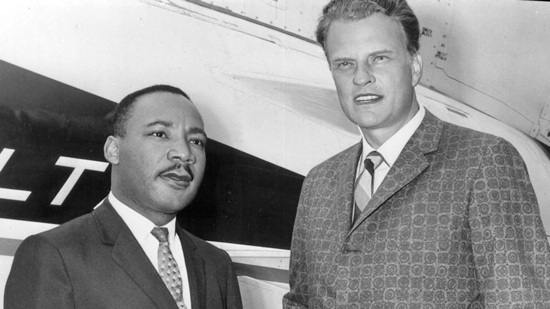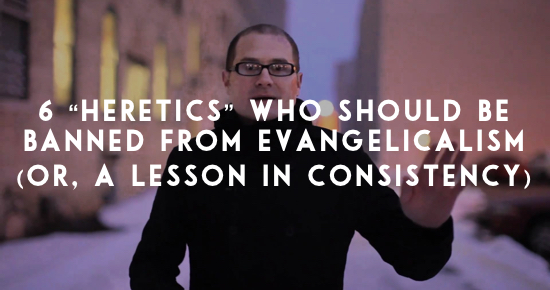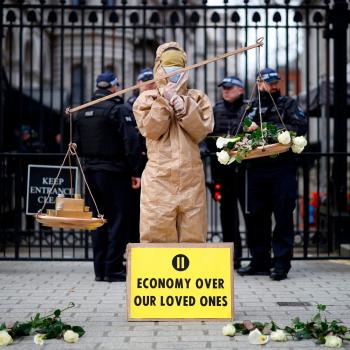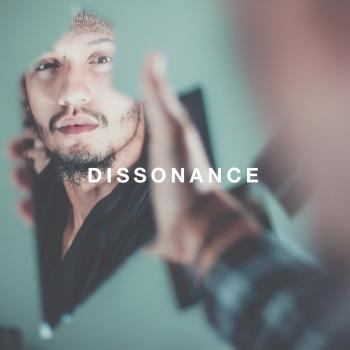Racist

Virtually every article devoted to dismantling Graham’s reputation has made some comment on his problematic response to segregation. He did integrate his rallies and invite MLK to pray, they all admit, but he didn’t do enough!
It’s true. Graham did not do enough. He did not do as much as he could have done. He was a powerful white man with ties to the most powerful office in the world. Surely, if anyone could have used their privilege to do more, it is Billy Graham.
Yet, Martin Luther King, Jr. said, “Had it not been for the ministry of my good friend Dr. Billy Graham, my work in the civil rights movement would not have been as successful as it has been.” Not only did Graham preach against segregation and invite King, Jr. to participate in an event, he personally bailed King out of jail at one point.
One statement of Graham’s has made the rounds—and at first glance, it appears particularly troubling. After Martin Luther King, Jr. told the world of his dream for a world rid of racism, Graham said, “Only when Christ comes again will the little white children of Alabama walk hand in hand with little black children.”
Let me reiterate, Graham did not do as much as he could have done for the Civil Rights movement. And we can justly critique him for that. But this statement is a philosophical one. It does not describe Graham’s disinterest inequality. Both his actions and preaching demonstrate the opposite. Instead, this shows his theology, just as MLK’s “Dream” speech demonstrates his theology.

King held to modernistic views of justice. He believed that “the arc of the moral universe is long, but it bends toward justice.” He, like most modern-minded people, believed that the world was naturally getting better. Graham, on the other hand, did not believe that the universe bends towards justice—he believed that humanity, because of sin, is inclined towards injustice. Right or wrong, Graham’s theology was a widely-accepted perspective on how justice is achieved. Rejecting the philosophical premise of King’s speech is not inherently racist. Many Black activists throughout history—from Malcolm X to Ta-Nehisi Coates—have rejected it (albeit, for different reasons). Graham wanted a world of goodness, a world without racism. But he was not optimistic about humanity’s ability to bring that world to fruition. And that’s fine.












